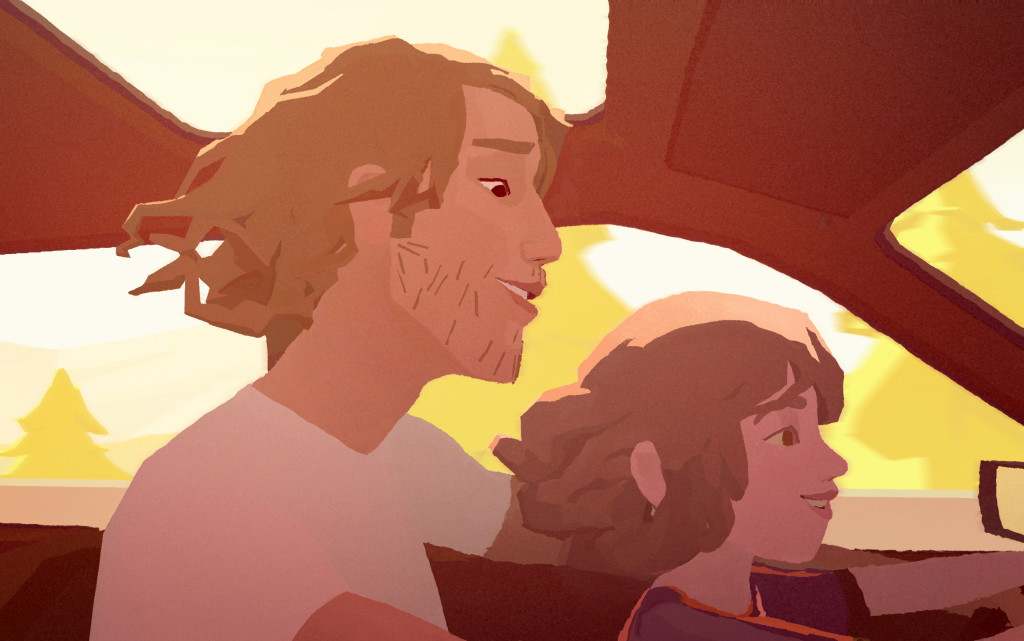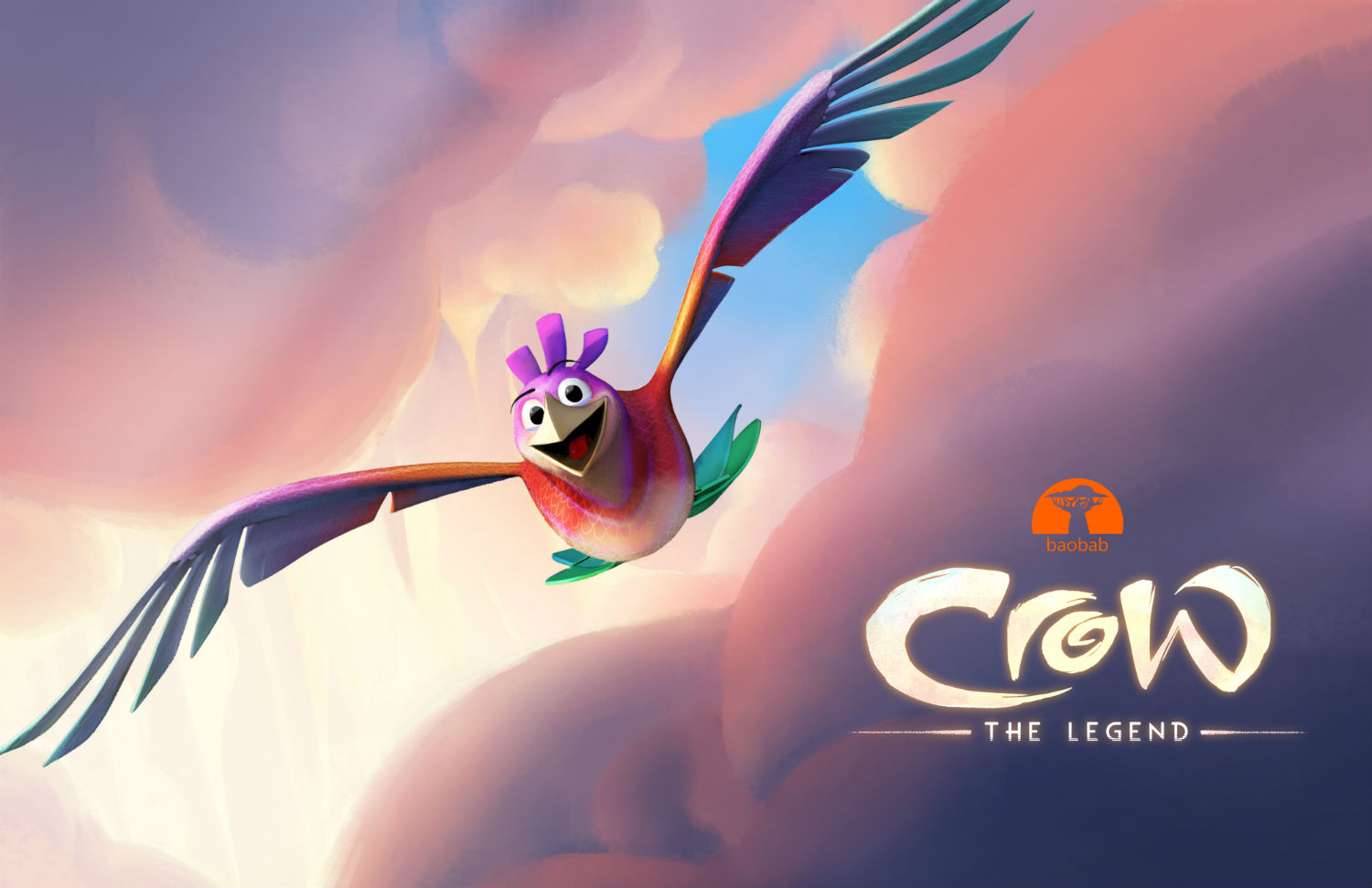A few weeks ago I found myself chatting to Darren Emerson, CCO & Co-Founder of VR City. He’s behind striking VR experiences like Indefinite, a harrowing account of the UK’s handling of immigrants. Emerson and co’s latest work, Common Ground, is just as powerful. It’s an immersive tour of London’s Aylesbury Estate, part celebration of the community it fostered, part spotlight for the disregard those people have been shown. It’s a piece that entirely roots you in a certain time and place.
In conversation, Emerson mentioned something that’s been stuck in my brain ever since. He mentioned that, while festival circuits and installations were all well and good, he really wanted everybody to see Common Ground. But how on earth do you make that happen?
It’s a problem that’s risen to the surface of my mind again this week with the closure of Google Spotlight Stories. The team brought us moving VR stories like Pearl and Age of Sail. Google hasn’t confirmed if this is a performance-related move, but one can’t help but imagine that’s the case. And it’s a story we’ve seen before. In 2017, Oculus closed down its short-lived Story Studio division, which created Dear Angelica. Combine that with other studio closures like that of Melita creator Future Lighthouse and there’s a worrying pattern emerging.
Granted the VR market is not an easy place to contend in its current state. It doesn’t matter if you’re making a game, film or B2B app; everyone’s at risk of falling short. But gaming, at the very least, has solid outlets to succeed in. When I want to play a PC game, I usually go to Steam. If I want to play a VR game, I go to Steam or the Oculus store. And if I want to watch a movie, I go to Netflix. But if I want to watch a VR movie… where should I go?
Steam has scattered VR movies/experiences, largely buried under the 10 – 30 games releasing every week. Oculus does a better job at highlighting this content, but it’s still confined to a few categories that are surrounded by games. These stores are built for gamers first and everyone else second. True, this is where the consumer VR market is mostly focused right now, but by not highlighting other types of content, we’re suffocating the rate at which VR can grow. Others, meanwhile, isolate and curate their content within hub apps that can ensure quality but drastically diminish discoverability.
I’ve seen countless amazing VR experiences, but I couldn’t tell you where to find many of them these days. Last year at Sheffield Doc/Fest I saw a selection of amazing experiences, but only a handful since released on the Oculus Store and I have no idea where to see the rest. What’s the point of making something that, ultimately, very few people can see?
This needs to change. VR needs a definitive destination for those that aren’t looking to play games. It needs a space and community that changes the conversation and perception around the platform. Creators need to be able to monetize their content on it and change the perception that VR movies should be free.
Just as I head to Steam for weekly VR game releases, I need to have a place I can go to see what’s new in VR film. A place where I go when I don’t want to dive into Skyrim or show someone Superhot. It needs to be diverse, with interactive VR and 360-degree content, but curated to focus on quality. VR can’t expand beyond its gaming roots until we have that.
There is progress, though. Within, for example, offers VR content from both itself and others inside its app. But it’s not quite as comprehensive as it should be just yet. Plus content is limited to 360 degrees – if I want to get the full 6DOF version of Baobab’s sublime The Crow, I have to get the native app outside of Within. Audiences need one destination that they can count on to have everything from the latest BBC production to whatever’s premiering at Tribeca this year. Not only that, they need to know they’re getting the best version of that experience.
It’s a tall order and a risky one when competing with Facebook and Valve. But VR isn’t going to grow past its perception of a gaming platform and evolve into the all-inclusive media destination we know it is until something like this happens.






























